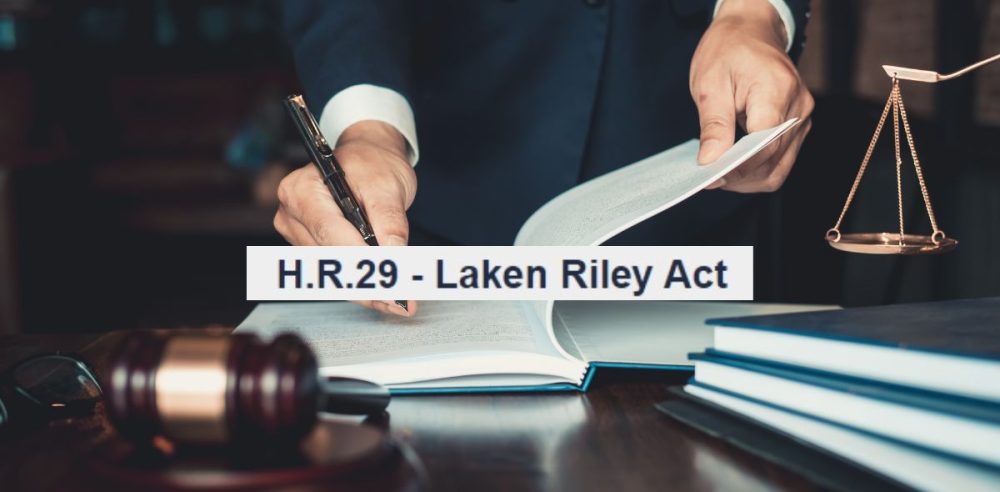The Laken Riley Act, named after a Georgia nursing student murdered by an illegal alien, recently passed significant milestones in Congress.
The House of Representatives approved the bill on January 7, 2025, with a vote of 264-159. All 216 Republicans supported the measure, alongside 48 Democrats, signaling bipartisan interest in addressing immigration enforcement gaps, according to the CLERK, United States House of Representatives.
But a whopping 159 Democrats voted against the measure.
Ten of the 13 Democrats representing Texas in the House voted against the measure, which was opposed by Democratic House leaders. Reps. Henry Cuellar (D-Laredo) and Vicente Gonzalez (D-Brownsville) voted in favor of the legislation. Rep. Sylvia Garcia of Houston did not vote.
A breakdown of the vote may be found HERE.
“We welcome with open arms any Democrat who wants to help us solve these problems, because the American people demand and deserve it. It’s overdue,” House Speaker Mike Johnson, R-La., told reporters before the vote, according to NBC News.
This week, the Senate advanced the bill with an overwhelming procedural vote of 84-9. This vote allows the bill to proceed toward final passage. Its strong bipartisan support in the Senate highlights the growing emphasis on immigration issues at the federal level.
The act mandates the Department of Homeland Security (DHS) to detain undocumented individuals arrested for specific crimes, including theft offenses involving property valued at $100 or more. Additionally, it empowers state attorneys general to sue federal officials if they fail to enforce immigration laws. This provision addresses what some lawmakers see as federal inadequacies in managing immigration enforcement.
Another key feature of the Laken Riley Act allows state officials to request the State Department to block visas from countries refusing to accept deportees. Proponents argue this measure holds foreign governments accountable while ensuring the integrity of U.S. immigration policies. However, critics express concerns about its potential diplomatic repercussions.
Critics, including civil rights organizations like the American Civil Liberties Union, warn the act could lead to mass detentions and civil liberties infringements. They argue the legislation risks undermining due process protections while disproportionately targeting specific communities.
President-elect Donald Trump has voiced his intention to sign the bill into law once it clears the Senate. His support aligns with his administration’s immigration-focused agenda, which aims to increase border security and strengthen enforcement measures. This anticipated approval would mark a significant policy shift toward stricter immigration controls.


